‘Afghanistan is more dangerous for us than it is for the United States’
Your digest of analysis and commentary from the British and international press
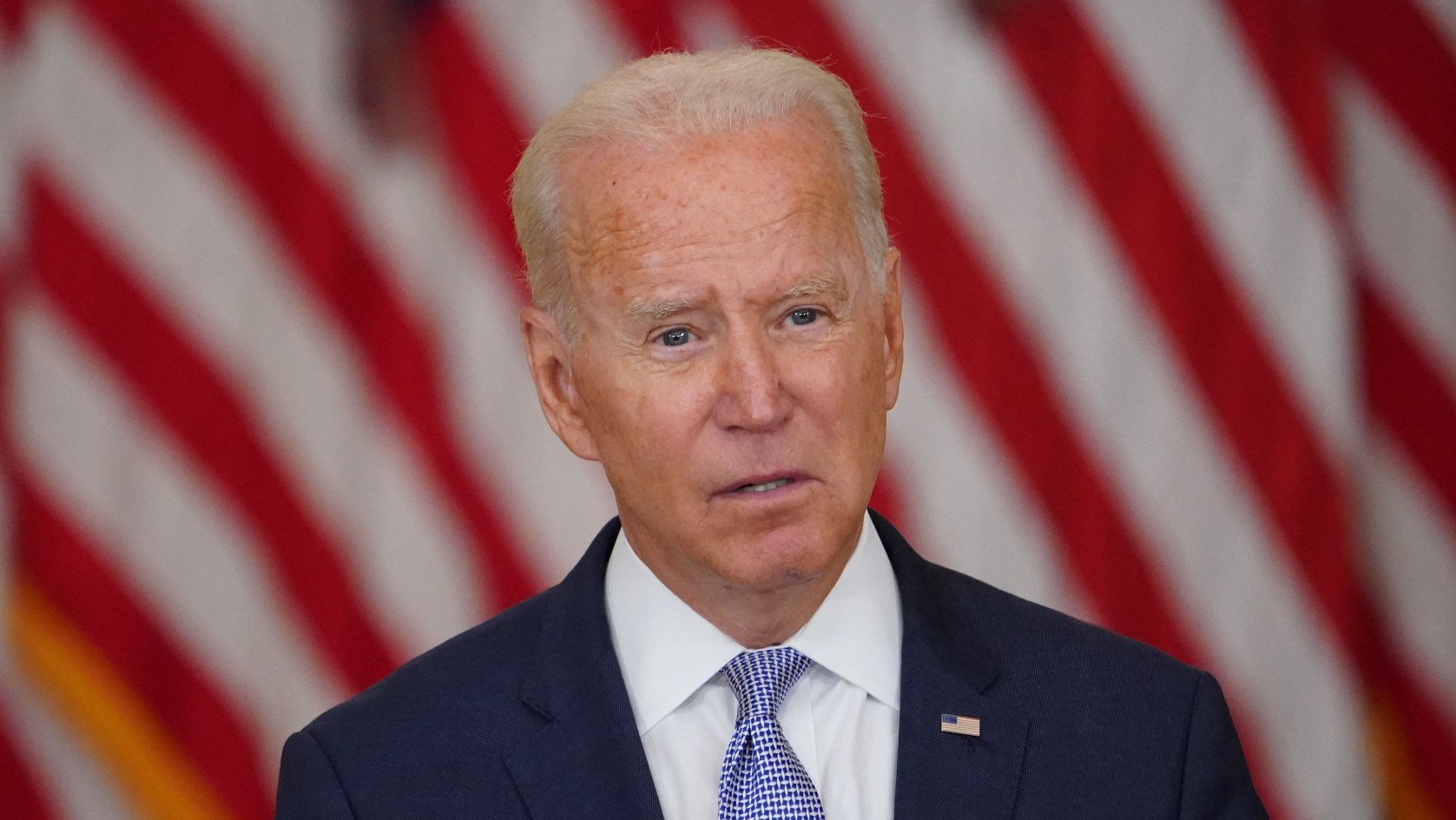
A free daily email with the biggest news stories of the day – and the best features from TheWeek.com
You are now subscribed
Your newsletter sign-up was successful
1. America’s rejection of its imperial burden leaves Britain vulnerable
Nick Timothy in The Telegraph
on the risk to the UK
Is the US simply “clearing the decks” in Afghanistan to make way for “the great strategic confrontation of the next century with China?” asks Nick Timothy in The Telegraph. “Or have the so-called ‘forever wars’ killed its willingness to act?” Either way, there is risk for Britain, he argues. “As a source of terror, drugs and migration, Afghanistan and the Middle East is more dangerous for us than it is for the United States. If America is becoming reluctant to use its power, we must reappraise our own policies and capabilities.” Timothy writes that “trigger-happy interventionism” has failed whenever it has been tried, but “targeted bombing and drone strikes backed by intelligence and security work have proved a better bet”, while the efforts to defeat Islamist ideology “must go on”. As the “chaos in Kabul shows”, he concludes, “the world is changing fast, and we must make sure we can keep up”.
The Week
Escape your echo chamber. Get the facts behind the news, plus analysis from multiple perspectives.

Sign up for The Week's Free Newsletters
From our morning news briefing to a weekly Good News Newsletter, get the best of The Week delivered directly to your inbox.
From our morning news briefing to a weekly Good News Newsletter, get the best of The Week delivered directly to your inbox.
2. ‘Now I have to burn everything I achieved’
A Kabul resident in The Guardian
on women’s fears
“As a woman, I feel like I am the victim of this political war that men started,” writes an unnamed Kabul resident in The Guardian, who describes the “fearful faces of women and ugly faces of men who hate women, who do not like women to get educated, work and have freedom”. Explaining what she has lost due to the return of the Taliban, she says: “I feel like I can no longer laugh out loud, I can no longer listen to my favourite songs, I can no longer meet my friends in our favourite cafe, I can no longer wear my favourite yellow dress or pink lipstick. And I can no longer go to my job or finish the university degree that I worked for years to achieve.” She adds: “When I heard that the Taliban had reached Kabul, I felt I was going to be a slave.”
A free daily email with the biggest news stories of the day – and the best features from TheWeek.com
3. Biden’s Afghanistan surrender
The Wall Street Journal’s editorial board
on a shameful pull-out
Joe Biden’s statement on Saturday was him “washing his hands of Afghanistan” and “deserves to go down as one of the most shameful in history by a Commander in Chief at such a moment of American retreat”, storms The Wall Street Journal. As the Taliban closed in on Kabul, the US president attempted to absolve himself of responsibility, blame his predecessor and “more or less invited the Taliban to take over the country”, writes the paper’s editorial board in a trenchant leader. Arguing that Biden’s “self-justification exemplifies his righteous dishonesty”, the newspaper forecasts that “the jihadists the US toppled 20 years ago for sheltering Osama bin Laden will now fly their flag over the US Embassy building on the 20th anniversary of 9/11”.
4. Political toll of Biden’s mishandled Afghanistan end game may be slight
Paul Brandus for USA Today
on damage control
“As bad as things look for [Joe] Biden today, I wonder just how much long-term damage this will actually do to him,” writes Paul Brandus for USA Today. As many predict political disaster for the US president, Brandus notes that “in late April 1975, as the Vietcong and North Vietnamese Army closed in on Saigon, [the then president, Gerald] Ford’s Gallup approval stood at 39%… yet by the end of June, just two months later, it was 52%”. Turning back to Afghanistan, he acknowledges the “human catastrophe” but adds that “after 20 years and $2 trillion in spending, if the Afghan Army won’t stand up to defend its own people, what is the United States to do?” He concludes: “Biden is right, as Trump was. We cannot be the world’s policemen.”
5. Can the Taliban bring peace?
Aris Roussinos for Unherd
on an unlikely source of stability
“The central fact of the Taliban takeover of Afghanistan over the past two weeks, under-emphasised though it may be by the solipsistic tone of Western discourse, is precisely how little fighting has been involved,” writes Aris Roussinos for Unherd. The former war reporter argues that “most violence occurs when control of a country is contested between two forces of more or less equal reach: once firm dominance is established by either party, local legitimacy tends to be achieved by amnesties in exchange for submitting to the victor’s authority, a process which we see occur in civil war after civil war”. He notes that: “America couldn’t bring stability” to the war-torn nation, but looking into the future, he wonders: “Perhaps its enemies can.”
-
 The Olympic timekeepers keeping the Games on track
The Olympic timekeepers keeping the Games on trackUnder the Radar Swiss watchmaking giant Omega has been at the finish line of every Olympic Games for nearly 100 years
-
 Will increasing tensions with Iran boil over into war?
Will increasing tensions with Iran boil over into war?Today’s Big Question President Donald Trump has recently been threatening the country
-
 Corruption: The spy sheikh and the president
Corruption: The spy sheikh and the presidentFeature Trump is at the center of another scandal
-
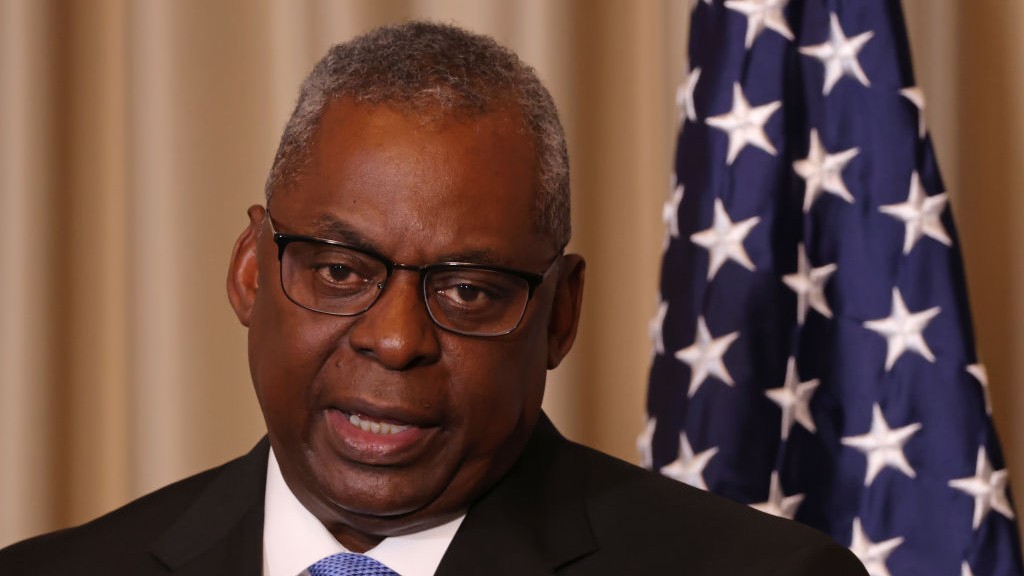 10 things you need to know today: January 7, 2024
10 things you need to know today: January 7, 2024Daily Briefing White House reportedly left unaware of defense secretary’s hospitalization, Biden to deliver State of the Union address on March 7, and more
-
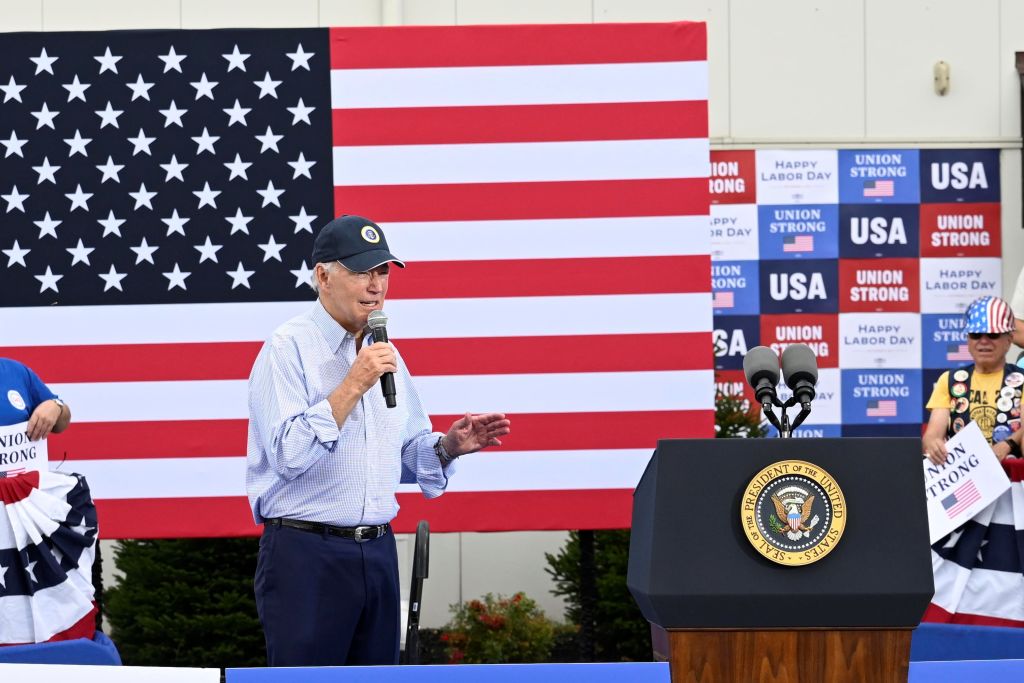 10 things you need to know today: September 5, 2023
10 things you need to know today: September 5, 2023Daily Briefing President Biden courts unions on Labor Day, thousands leave Burning Man after being trapped by desert mud, and more
-
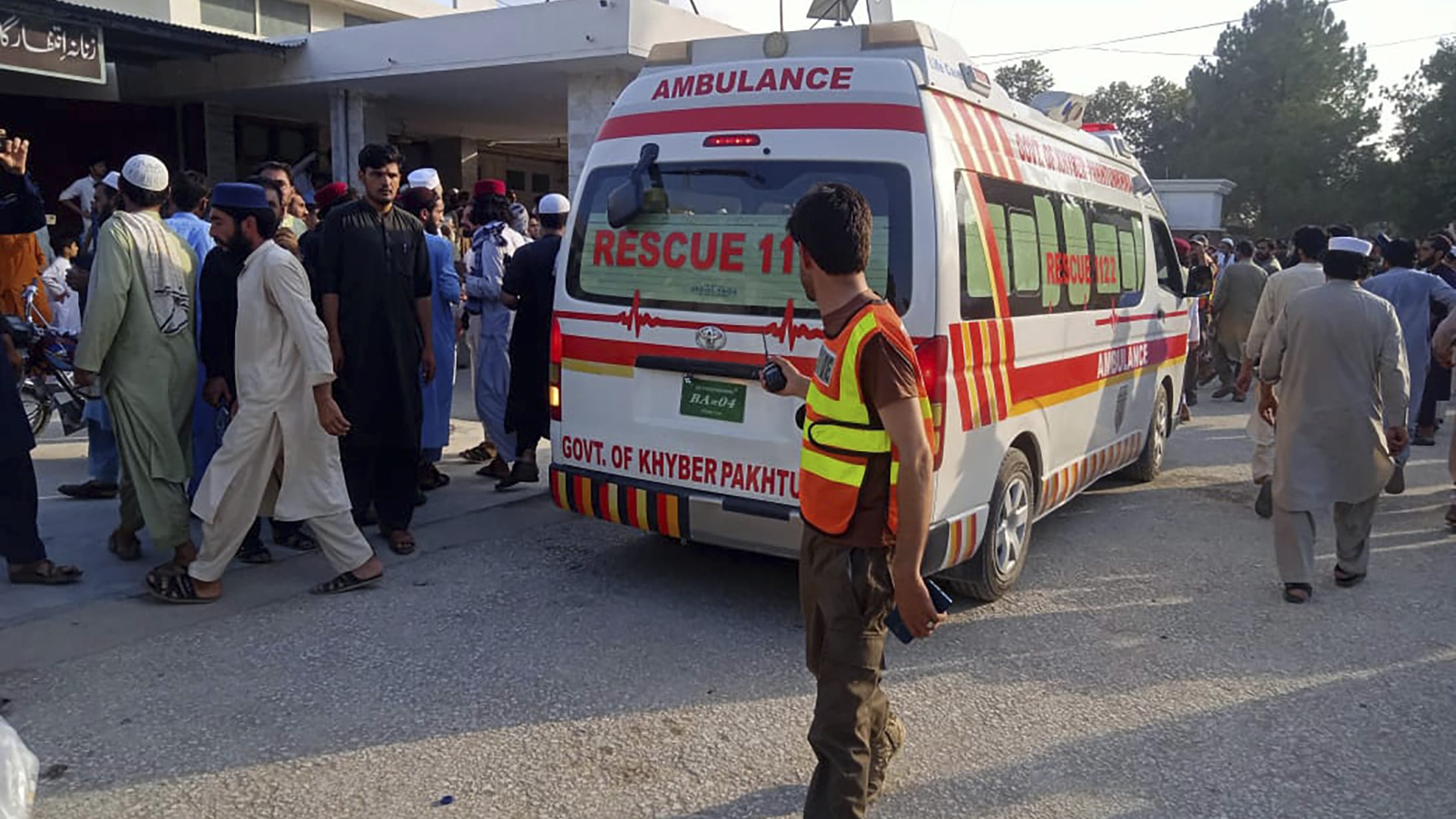 Blast at political rally in Pakistan kills 43, wounds 200
Blast at political rally in Pakistan kills 43, wounds 200Speed Read
-
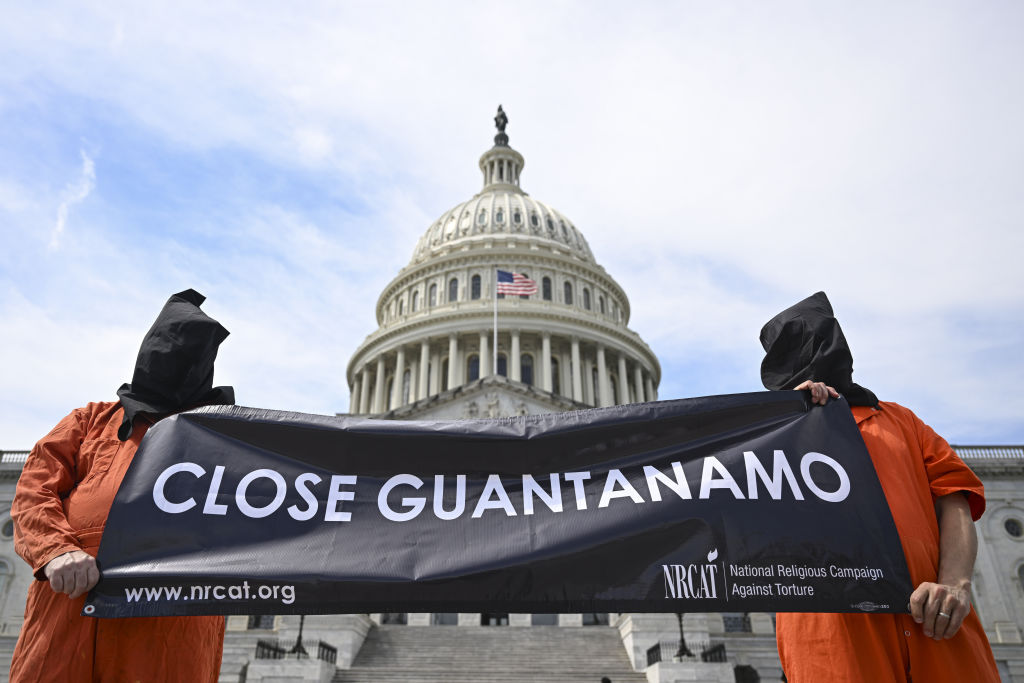 Conditions at Guantanamo Bay inhumane and cruel, UN investigator says
Conditions at Guantanamo Bay inhumane and cruel, UN investigator saysSpeed Read
-
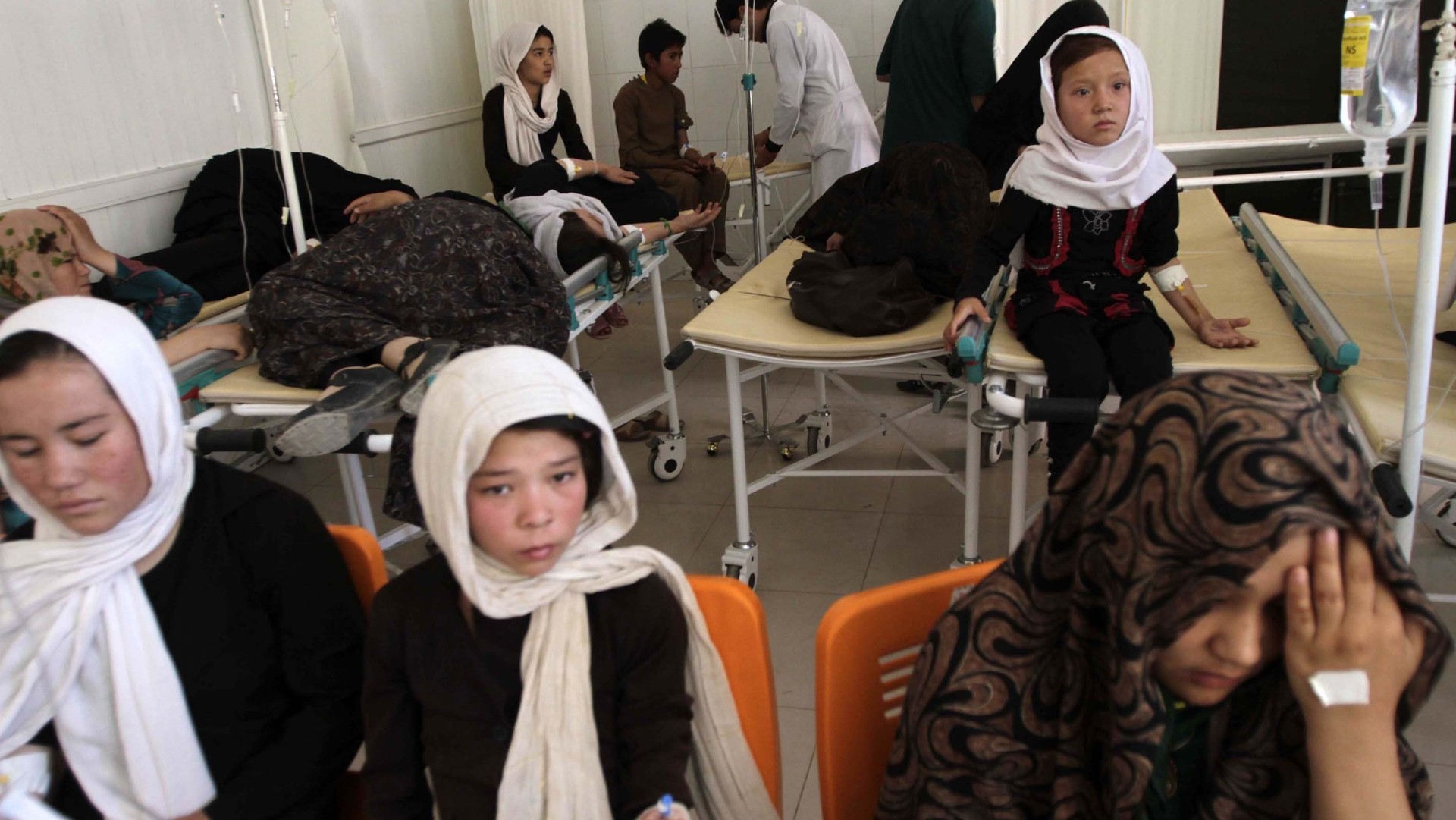 ‘We should be scared’: the poisoning of schoolgirls in Afghanistan
‘We should be scared’: the poisoning of schoolgirls in Afghanistanfeature Children hospitalised in allegedly deliberate mass attacks is latest in series of incidents going back decades
-
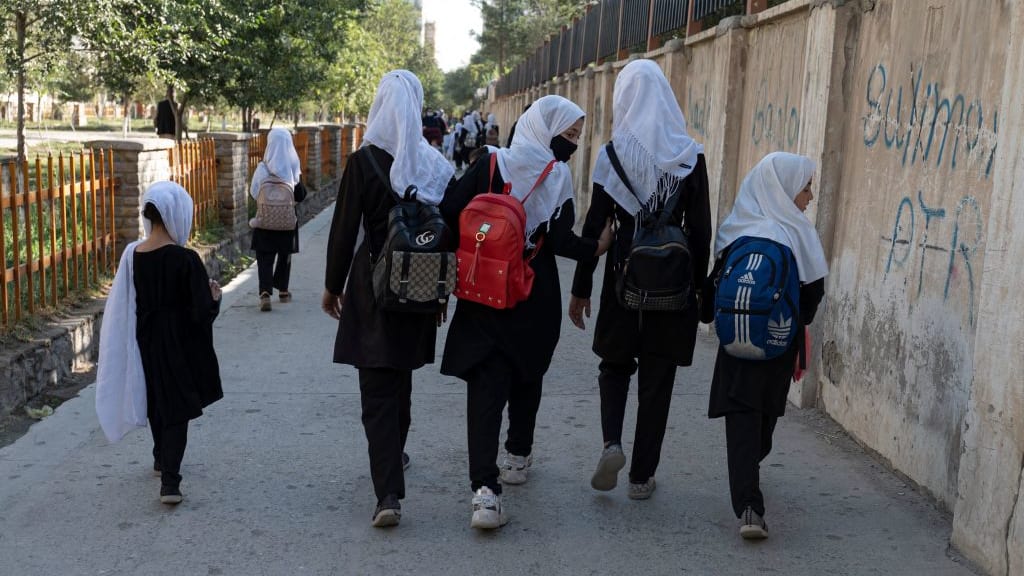 Officials believe dozens of girls in Afghanistan were deliberately poisoned at school
Officials believe dozens of girls in Afghanistan were deliberately poisoned at schoolSpeed Read
-
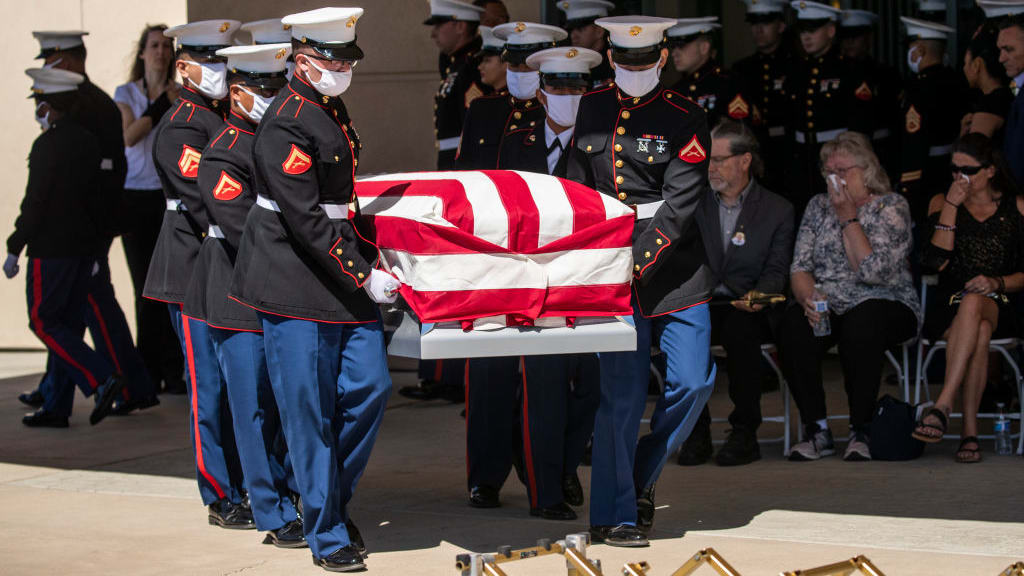 Taliban kills mastermind of Kabul airport suicide bombing
Taliban kills mastermind of Kabul airport suicide bombingSpeed Read
-
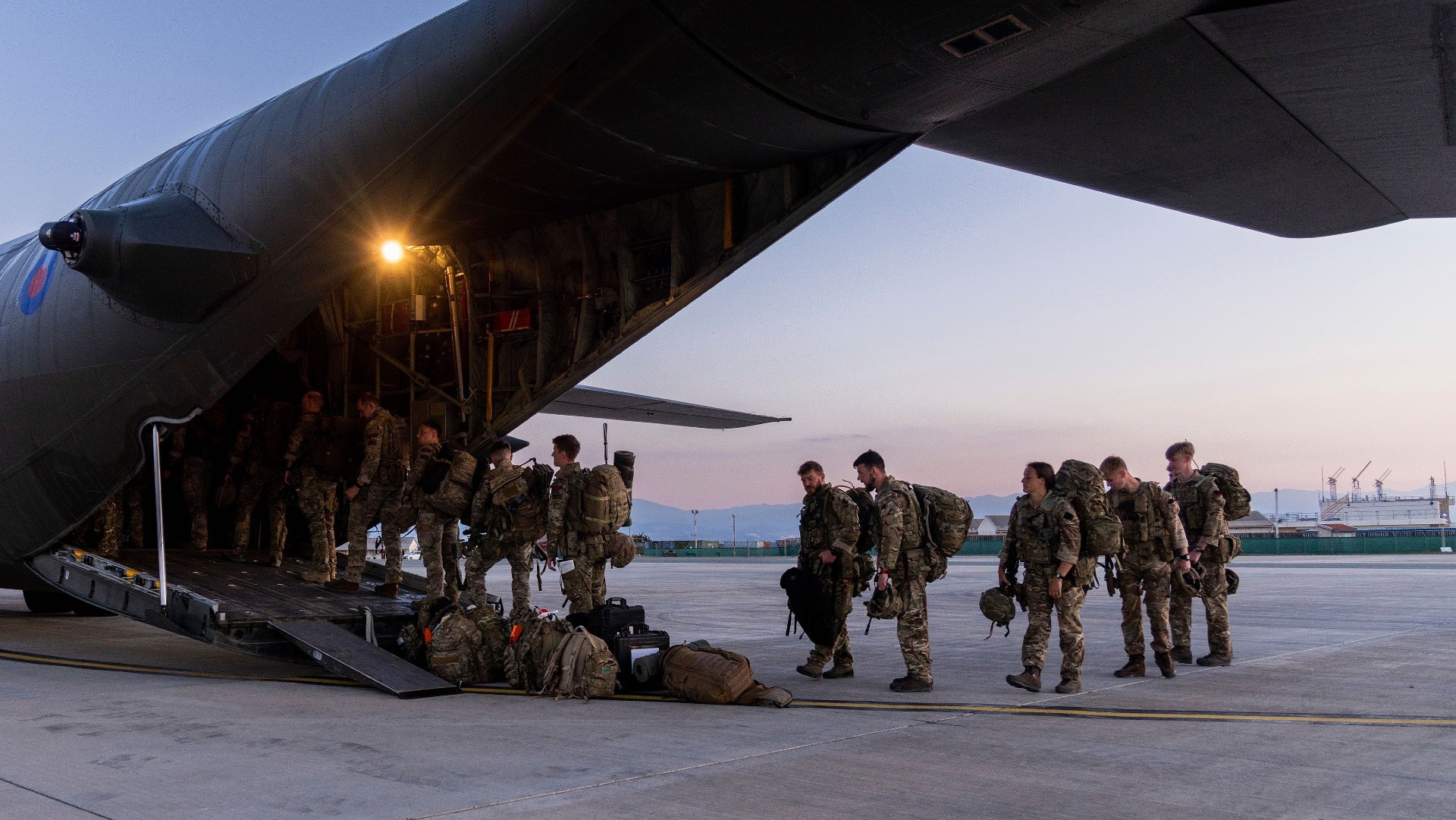 Sudan evacuation: has Foreign Office learnt the lessons from Afghanistan?
Sudan evacuation: has Foreign Office learnt the lessons from Afghanistan?Today's Big Question Failings of chaotic withdrawal from Kabul prompt return of foreign secretary and airlift of Britons from Khartoum